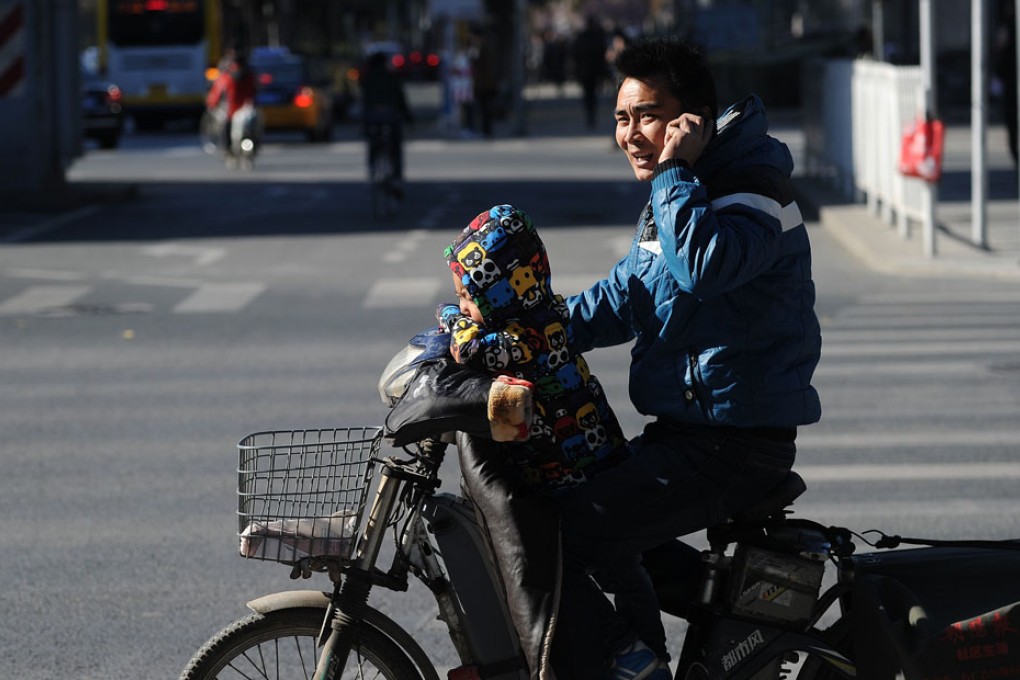Without political reform, how far can China's economic liberalisation go?
Yao Yang says the third-plenum blueprint is limited by a neglect of society's wider development

As expected, the final document of the third plenum of the 18th Central Committee revealed a plan for comprehensive reforms that will reshape China's economy and society in the next decade.
For starters, the household registration system will be reformed. Small cities and towns will allow migrants to apply for the local hukou with no strings attached, and medium-sized cities will do the same, with some restrictions. Although large cities will remain as closed as ever, the new policy will dramatically weaken the institutional foundation of China's long history of urban-rural and regional divides.
Similarly, the one-child policy will be modified. In most provinces, parents who are both single children themselves already can have two children. The new policy allows couples to have two children if either parent is a single child. While this will affect only around 10 million couples - a small number in a country of more than 1.3 billion people - the reform represents a gigantic step towards ending the one-child rule.
Farmers, moreover, will be granted the right to sell their residential land on the open market and will be much more likely to be compensated at market rates when their land is taken by the government.
State-owned enterprises, meanwhile, are expected to surrender more of their profits to the government - up to 30 per cent by 2020. This extra revenue will be used to finance China's social-security system.
Indeed, from now on, the central government will take over social security expenditure, establishing nationally unified pension and health insurance systems, while the retirement age will be raised gradually. Currently, women can retire at the age of 50, and men at 55 - ridiculously low by global standards and clearly unsustainable, given China's rapidly ageing population.
The power of state-owned enterprises will be curtailed in other ways. Their ability to stifle innovation will be weakened by a drastic reduction in the government's power to restrict the entry of new competitors into all areas of the economy, as well as a major effort to reduce bureaucratic red tape.